Beth Geiger

All Stories by Beth Geiger
-
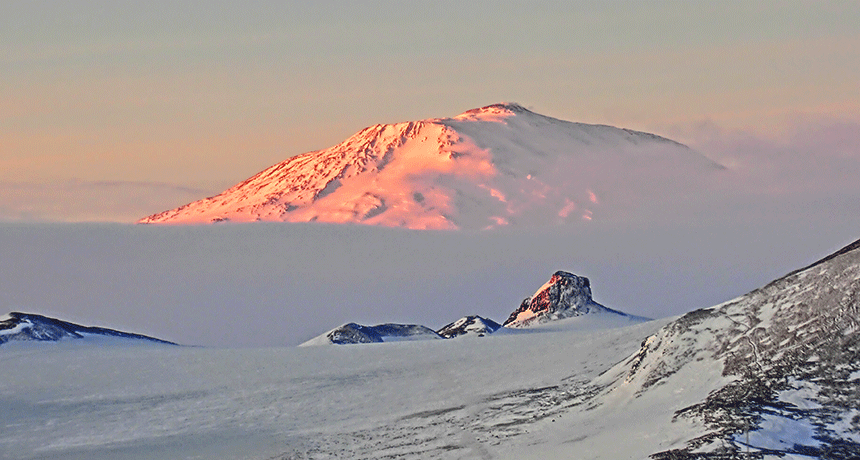 Earth
EarthGiant volcanoes lurk beneath Antarctic ice
One of the largest volcanic areas on Earth was recently discovered hiding beneath West Antarctic’s ice sheet. What does it spell for the future of that ice?
-
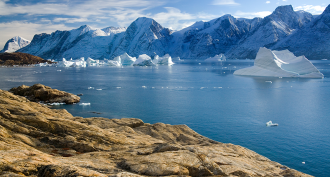 Oceans
OceansHow the Arctic Ocean became salty
The Arctic Ocean was once a huge freshwater lake, separated from the Atlantic by a ridge of land. Scientists explore how salt water overtook it.
-
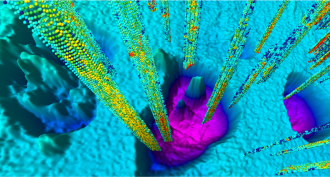 Earth
EarthAncient Arctic ‘gas’ melt triggered enormous seafloor explosions
Methane explosions 12,000 years ago left huge craters in bedrock on the Arctic seafloor. Scientists worry more could be on the way today as Earth’s ice sheets melt.
-
 Climate
ClimateCool Jobs: Head in the clouds
What do a microbiologist, an atmospheric scientist and a materials engineer have in common? They’ve all got their heads in the clouds.
-
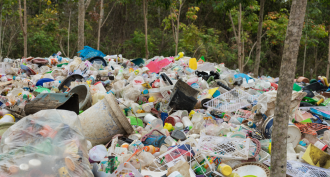 Earth
EarthMeet our trashy ‘technosphere’
People are creating a layer of debris and disturbance called the technosphere. A new study estimates just how truly massive it is.
-
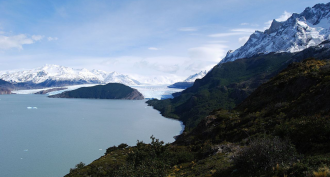 Archaeology
ArchaeologyCool Jobs: Hunting surprises in thinning glaciers
Meet three scientists who are tracking the meltdown of Earth’s glaciers. They share their adventures, predictions and unexpected discoveries.
-
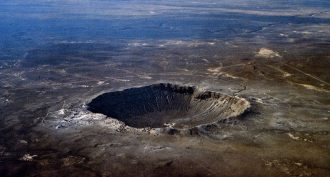 Chemistry
ChemistrySmash hit: Making ‘diamond’ that’s harder than diamonds
Scientists had suspected extreme meteorite impacts might turn graphite into an unusual type of diamond. Now they’ve seen it happen — in under a nanosecond.
-
 Earth
EarthCool Jobs: Careers on ice
From Greenland to Utah to Jupiter, scientists unlock mysteries frozen in ice.
-
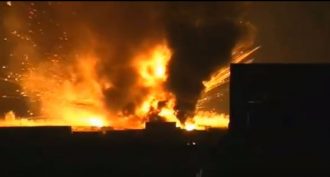 Physics
PhysicsTracking warfare by ‘Earth shakes’
Geophysicists are discovering how weapons shake, rattle, and roll the Earth. What they’re learning might one day help win wars.
-
 Earth
EarthMystery ‘earmuffs’ sit deep inside Earth
Two vast blobs in Earth’s lower mantle could result from a “trainwreck” of ancient colliding tectonic plates.
-
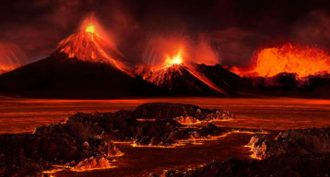 Fossils
FossilsClues to the Great Dying
Millions of years ago, nearly all life on Earth vanished. Scientists are now starting to figure out what happened.
-
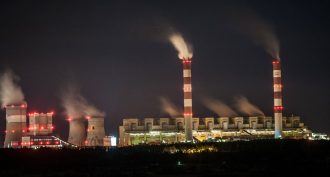 Environment
EnvironmentThe heat that keeps on giving
Burning fossil fuels generates heat and carbon dioxide. That pulse of heat is quickly exceeded by the warmth that carbon dioxide traps in Earth’s atmosphere.